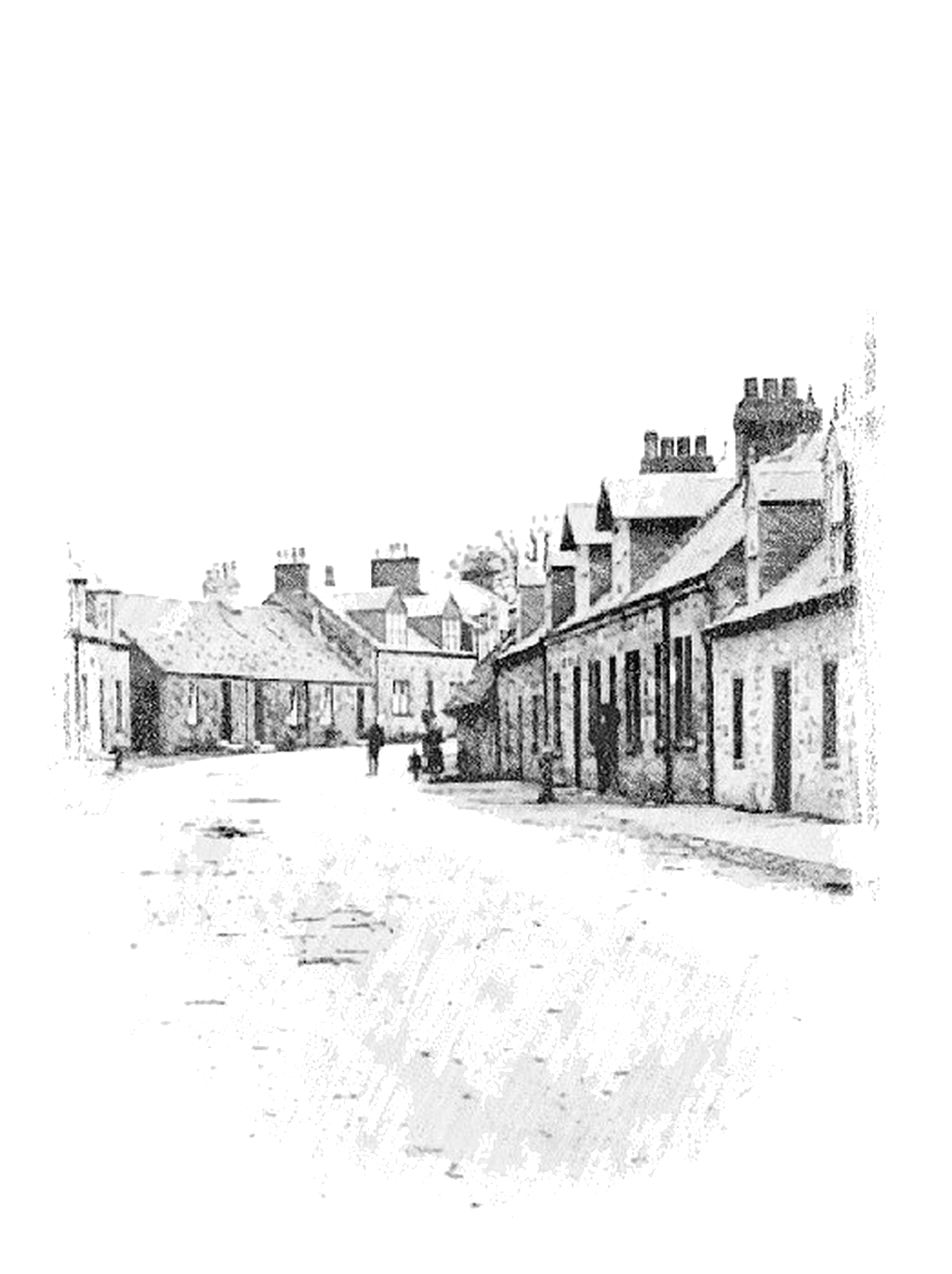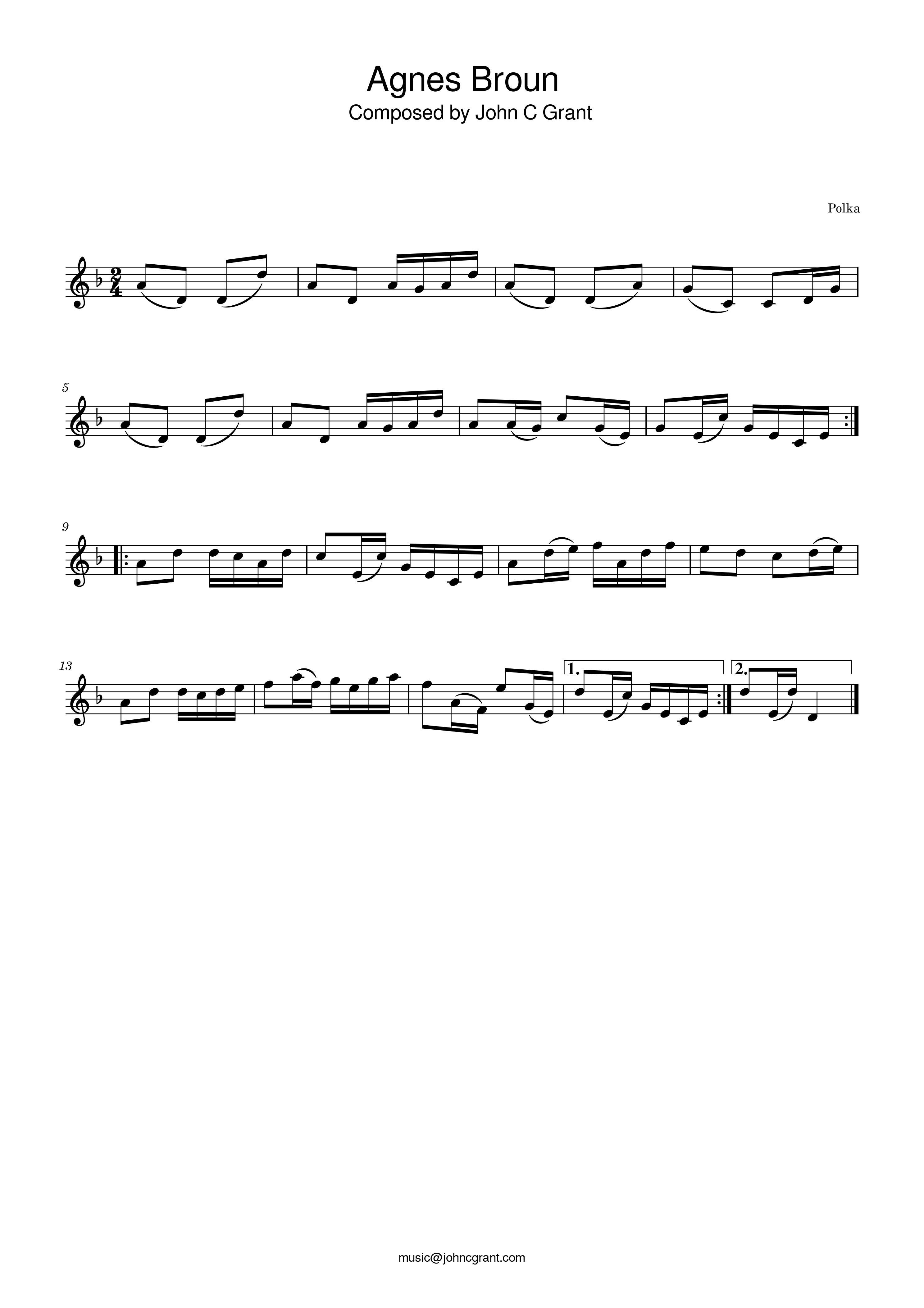
Agnes Broun, alternately spelled as Agnes Brown or Agnes Burnes (17 March 1732 – 14 January 1820), was the mother of Scotland’s national poet, Robert Burns. Agnes’s father, Gilbert (1708–1774), held tenancy of the 300-acre (120 ha) farm of Craigenton, situated in Kirkoswald parish, South Ayrshire, Scotland.
Whitestone Cottage, a bed and breakfast on the Culzean estate in Ayrshire, claims to be Agnes Broun’s birthplace, though her christening took place at Kirkoswald, near Craigenton Farm.
Tragedy struck Agnes at the tender age of 10 when her mother, Agnes Rainie (1708–1742), passed away. As the eldest of six siblings, Agnes assumed responsibility for the family. However, in 1744, after her father remarried, she was sent to live with her maternal grandmother, Jean Rainie, in Maybole. Agnes’s grandmother was a repository of oral tradition, including Scottish songs and ballads, which had a profound influence on Agnes and motivated her to pass these tales to her offspring.
Gilbert, Agnes’s father, married twice more—to Margaret Blaine (1718–1751) and then to Catherine Mott (1747–1820). Agnes reportedly had little fondness for her stepmothers, especially the latter who was considerably younger. This may explain Robert Burns’s limited interaction with his maternal grandfather.
Agnes attended a dame school held in a weaver’s cottage, learning psalms by heart and acquiring basic reading skills, but she never learned to write, not even her own name.
Agnes initially engaged with William Nelson, a ploughman with whom she worked. However, the engagement ended after seven years due to Nelson’s reported indiscretion.
In 1756, Agnes is believed to have met William Burnes, 11 years her senior and a market gardener, at the Maybole Fair. Agnes and William married on 3 December 1757 in Ayr. They settled in Alloway, South Ayrshire, inhabiting a clay cottage designed and built by William. In this cottage, they raised four of their seven children, including their eldest, Robert Burns, born on 25 January 1759. The midwife for Robert’s birth was Agnes McClure, the wife of their neighbor, blacksmith John Tennant. Gilbert Burns was born on 28 September 1760, Agnes Burns on 30 September 1762, and Annabella Burns on 14 November 1764.
In 1767, about a year after moving to Mount Oliphant, Agnes gave birth to William Burns (b. 30 July), followed by John Burns (b. 10 July 1769) and Isobel or Isabella Burns (b. 27 July 1771). Their subsequent residences included Lochlea, Mossgiel, Dinning, and finally Grant’s Braes in Bolton, near Haddington, East Lothian, where Agnes passed away in 1820 at the age of 87.
Agnes played a crucial role in cultivating the family’s five acres at Alloway’s New Gardens, tending to poultry, growing vegetables, and producing cheese from their cattle’s milk.
Upon the death of her husband William Burnes at the age of 62 in 1784, Agnes lived with her son Gilbert at Mossgiel until 1798. Subsequently, she resided in Dinning, Nithsdale, for two years before moving to Grant’s Braes, East Lothian. Agnes died at the age of 87 and was laid to rest in the churchyard of Bolton Parish Church, East Lothian. Agnes and William had seven children, three of whom preceded her in death. Several of her grandchildren also passed away before her, reflecting the shorter life expectancies of that era.
As described by Robert Burns’s youngest sister, Isabella Begg, Agnes was “rather under the average height; inclined to plumpness, but neat, shapely, and full of energy; having a beautiful pink-and-white complexion, a fine square forehead, pale red hair but dark eyebrows and dark eyes often ablaze with a temper difficult of control. Her disposition was naturally cheerful; her manner, easy and collected; her address, simple and unassuming; and her judgment uncommonly sound and good. She possessed a fine musical ear and sang well.”
In Mark Twain’s “The Innocents Abroad,” he likens her to the monument erected to Robert Burns, saying, “Ah, Robbie, ye asked them for bread and they hae gi’en ye a stane.”
Agnes’s half-sister was Jean Brown (1750–1821), who married James Allan in 1775 and lived near Gatehead in East Ayrshire. This was the place where Robert Burns lodged briefly in the summer of 1786. The Allans were parents to Burns’s first cousin, Captain Alexander Allan, founder of the Allan Shipping Line in 1819.
Samuel Peacock, Burns’s partner in the flax-dressing business at Irvine, is said to have been Agnes’s half-brother.
Agnes is known to have regaled her young “Rabbie” with local legends and folk songs, sparking his interest in songwriting. Additionally, her relative Betty Davidson greatly influenced Burns. Together, these influences led to Burns composing or revising nearly 350 songs throughout his life. Many of these songs were published, at no cost, in collections like the “Scots Musical Museum” and the “Select Collection of Original Scottish Airs”.
Agnes’s favoured ballad, believed to also be Robert’s, holds a somewhat risqué sentiment:
“Kissin is the key o love, An clappin is the lock, An makin o’s the best thing That e’er a young thing got.”
Agnes, her son Gilbert, and her daughter Annabella rest in Bolton Parish Kirkyard, within a railed enclosure. Gilbert erected the memorial stone in remembrance of his children.
The gravestone inscription reads:
“ERECTED By GILBERT BURNS, Factor at Grants Braes, In Memory of his Children ISABELLA, who died 3 July 1815, in the 7th year of her age, AGNES, who died 14th Septr 1815, in the 15th year of her age, JANET, who died
A guide track for ‘Agnes Broun’ is available below for listening: -
You can download a PDF of the sheet music here
- or braille format here.
The track is additionally available within the following collections and sets: -
Associated Collections: -
2/4
Ayrshire Characters
Musicians
Not Yet Recorded
Polka
Robert Burns
The Tarbolton Collection
The Three Six Five Collection

